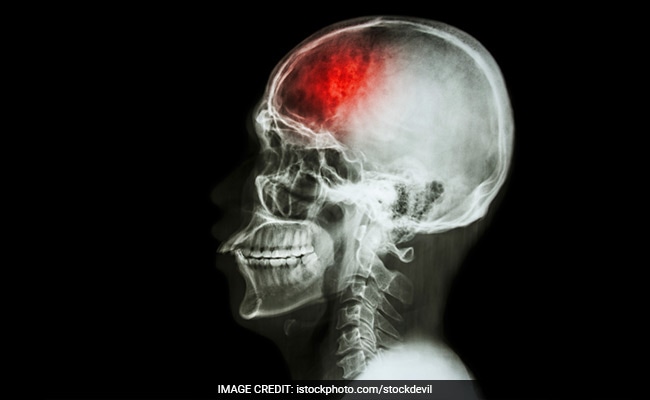
Stoke or simply an interruption in the blood supply of the brain causes inadequacy of oxygen supply resulting in brain damage that disturbs the brain functions. One of the leading causes of death & disability, Stroke attacks 1 out of 4 adults above 25 years of age and claim millions of lives globally every year.
Strokes are among the leading cause of long-term disability in the elderly, although most can be avoided by adopting a healthy lifestyle. Fortunately, regardless of your age or family history, you can start working toward a healthier you now and minimise your risk of stroke. The lifestyle changes due to COVID-19 have increased the risks of stroke. Putting an end to these 5 unhealthy behaviors can improve the quality of your life and lower the risk of stroke.
Unhealthy Meals & Stroke
Choosing nutritious food is important as it can reduce the chances of stroke by 80%. A balanced diet with the right proportion of fiber, calories, proteins, minerals, vitamins, and alternative nutrients reduces the risk of stroke and other cardiovascular diseases in high-risk patients. Limiting the intake of sodium, salt, saturated fat, and sugar helps regulate blood pressure levels, cholesterol levels, and blood sugar levels. Patients at risk of stroke should restrict eating meat and avoid egg yolk.
Lazy Life & Stroke
Being physically inactive and spending leisure time doing sedentary activities has become common in the younger generation. A lazy lifestyle increases body fat; reduces muscles strength; affects bone density; metabolism, and deprives the overall immune system of the body. Therefore, an inactive lifestyle increases the risks of health issues.
If you have been lazy, start slow with activities like walking (30-60 min) or mild exercises according to your age and health conditions.
Smoking, Tobacco & Stroke
Smoking and tobacco substances are harmful and are likely to increase the chances of death and risk of stroke. Tobacco contains 7000 toxic chemicals impacting the lungs, damaging body cells, and increasing the threat of stroke.
Smoke from cigarettes alters cholesterol levels which cause heart disease & stroke. You might not smoke, but passive smoking (inhaling else's' smoke) is also hazardous.
Quitting smoking improves oxygen level, tasting and smelling ability, improves circulation and lung function. These effects are noticeable and reduce the chances of stroke and related diseases.
Drinking Habits & Stroke
Drinking patterns varies in every individual, but excessive alcohol has quite an impact on health. And it is associated with increased incidents of stroke. Excessive alcohol contributes to high blood pressure levels (hypertension) and certainly gives rise to heart problems like atrial fibrillation, cardiomyopathy, and stroke.
Limiting your consumption of alcohol reduces hypertension and cholesterol fluctuations, which are directly responsible for the stroke.
Negligence & Stroke
Any life-threatening disease is the result of an imbalance either in blood pressure levels, cholesterol, or blood sugar level. These risk factors increase with age and attack the vulnerable group, and as soon as you neglect these three elements, they disrupt the harmony of the body.
Make sure you check your BP, sugar regularly and control your cholesterol level to minimize the chances of stroke.
Remember that a stroke is a blockage of blood flow in the brain that is caused primarily by unhealthy lifestyle choices. Other uncontrollable factors, such as family history, age, gender, and so on, may exist, but maintaining a healthy lifestyle is a choice that can help to reduce such risks. A stroke can happen unexpectedly. However, a person's lifestyle and genetics can influence whether or not they have one.
(Dr. Khusbu Goel, Consultant Neurologist, HCMCT Manipal Hospital, Dwarka)
Disclaimer: The opinions expressed within this article are the personal opinions of the author. NDTV is not responsible for the accuracy, completeness, suitability, or validity of any information on this article. All information is provided on an as-is basis. The information, facts or opinions appearing in the article do not reflect the views of NDTV and NDTV does not assume any responsibility or liability for the same.
Track Latest News Live on NDTV.com and get news updates from India and around the world

